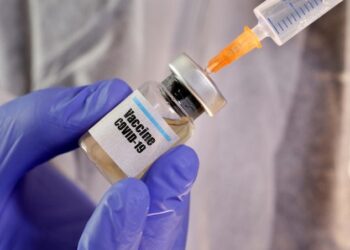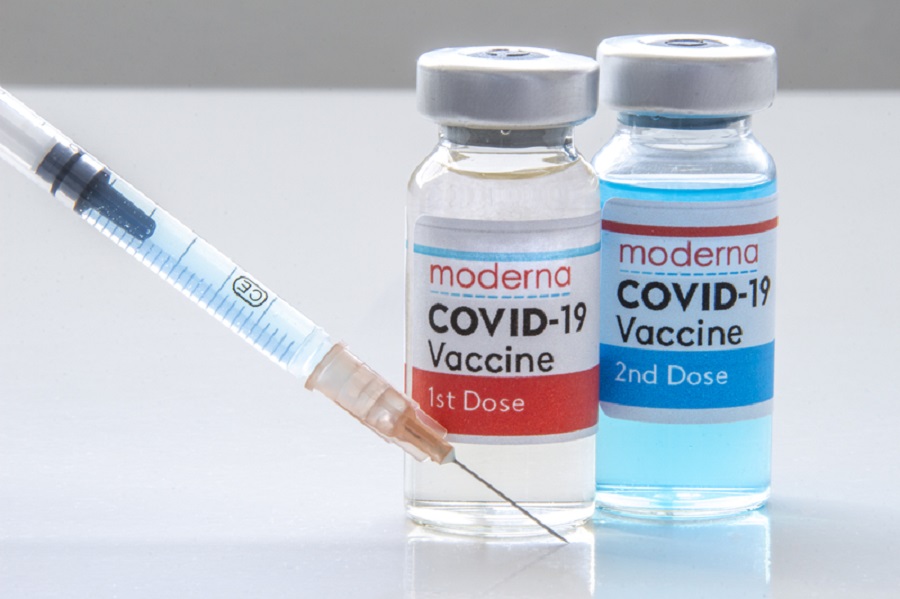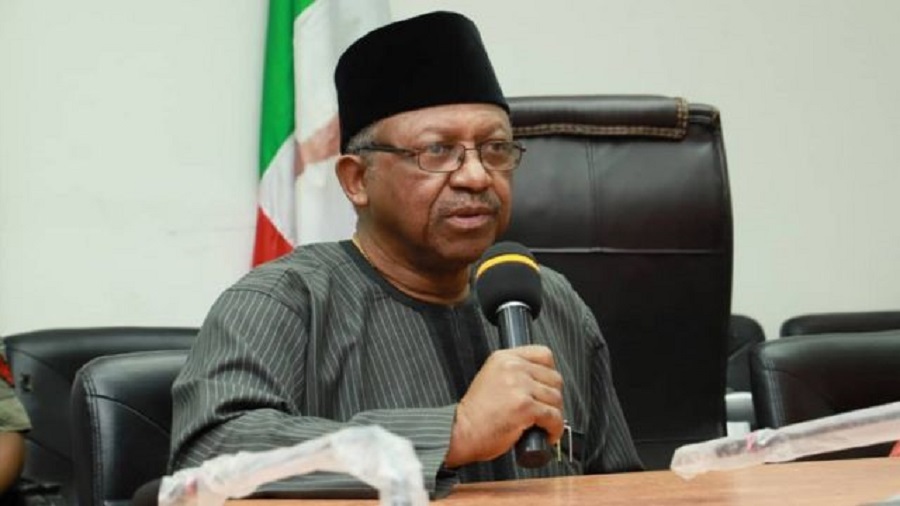One of the world’s leading Covid-19 vaccine candidate, which is being developed by the University of Oxford in collaboration with AstraZeneca, has produced a similar immune response in both older and younger adults with adverse responses being lower among the elderly.
While making the disclosure on Monday, the British drugmaker, AstraZeneca Plc, said the experimental vaccine produced a robust immune response in older adults and the elderly.
READ: COVID-19 vaccine likely to be ready by December – WHO
This raises hope of the early development of a vaccine for the corona virus that has killed over a million people across the world with a devastating impact on the global economy.
AstraZeneca, described as encouraging, the results and findings on immunogenicity blood tests carried out on a subset of older participants, which echo data released in July that showed the vaccine generated robust immune responses in healthy adults aged 18 to 55
An AstraZeneca spokesman told Reuters, “It is encouraging to see immunogenicity responses were similar between older and younger adults and that reactogenicity was lower in older adults, where the COVID-19 disease severity is higher.’’
READ: AstraZeneca suspends COVID-19 vaccine final stage trial over safety concerns
“The results further build the body of evidence for the safety and immunogenicity of AZD1222,” the spokesman said, referring to the technical name of the vaccine.
The news that older people got an immune response from the vaccine is positive because the immune system weakens with age and older people are those most at risk of dying from the virus.
It was earlier reported by Financial Times that the vaccine, being developed by Oxford and AstraZeneca, triggers protective antibodies and T-cells in older age groups – among those most at risk from the virus.
The Oxford/AstraZeneca vaccine is expected to be one of the first from big pharmacies to secure regulatory approval, along with Pfizer PFE.N and BioNTech’s 22UAy.F candidate.
READ: Pfizer targets use of its Covid-19 vaccine by late November this year
If it works, a vaccine would allow the world to return to some measure of normality after the tumult of the pandemic.
British Health Secretary Matt Hancock said a vaccine was not yet ready though he was preparing logistics for a possible rollout.
Hancock in a chat with BBC, said, “I would expect the bulk of the rollout to be in the first half of next year.’’
READ: COVID-19: US to have enough vaccines for vulnerable Americans by end of 2020
He said that is not his central expectation, he does not rule out the possibility of some people having access to the vaccine this year.
Hancock also said, “We want to be ready in case everything goes perfectly but it’s not my central expectation that we’ll be doing that this year, but the programme is progressing well, we’re not there yet.’’
Explore Data on the Nairametrics Research Website
It can be recalled that one of the frontline vaccine candidates being developed by University of Oxford and AstraZeneca Plc, after regulatory approval, resumed its trial in the US after it was initially halted due to some safety concerns
The British drugmaker has signed several supplies and manufacturing deals with companies and governments around the world as it gets closer to reporting early results of a late-stage clinical trial.























